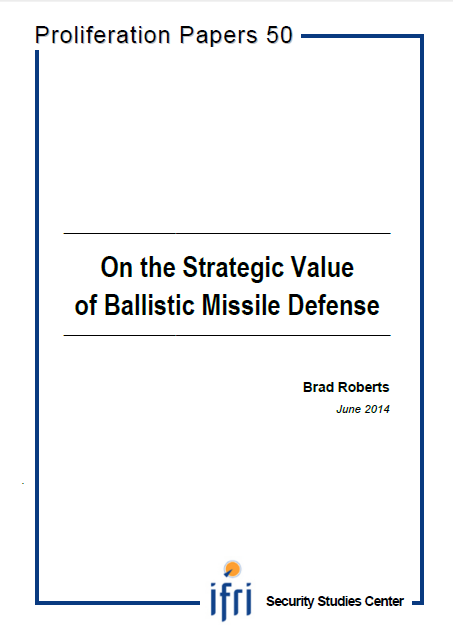On the Strategic Value of Ballistic Missile Defense

The strategic value of missile defense remains in considerable debate in Europe but less so in the United States.
The rising American consensus in support of BMD follows from its perceptions of a changed and changing security environment since the end of the Cold War and the emergence of a new problem for which BMD has important and in some cases unique values. This new problem is posed by regional adversaries armed with long-range missiles and WMD and strategies for nuclear blackmail of U.S. allies and nuclear brinkmanship with the United States. To adapt deterrence to these new challenges, the United States is pursuing a comprehensive approach to strengthen regional deterrence architectures. In this approach, BMD has a number of critical roles. Taking North Korea as an example, the author characterizes this new strategic problem and the associated deterrence values of BMD in preventing conflict, containing its escalation, and ultimately if necessary defeating an enemy. He argues further that the destabilizing impact of limited U.S. BMD on the relationships with Russia and China have been exaggerated and warns against weakening deterrence of new WMD-armed regional challengers by abandoning the BMD project.
Download the full analysis
This page contains only a summary of our work. If you would like to have access to all the information from our research on the subject, you can download the full version in PDF format.
On the Strategic Value of Ballistic Missile Defense




